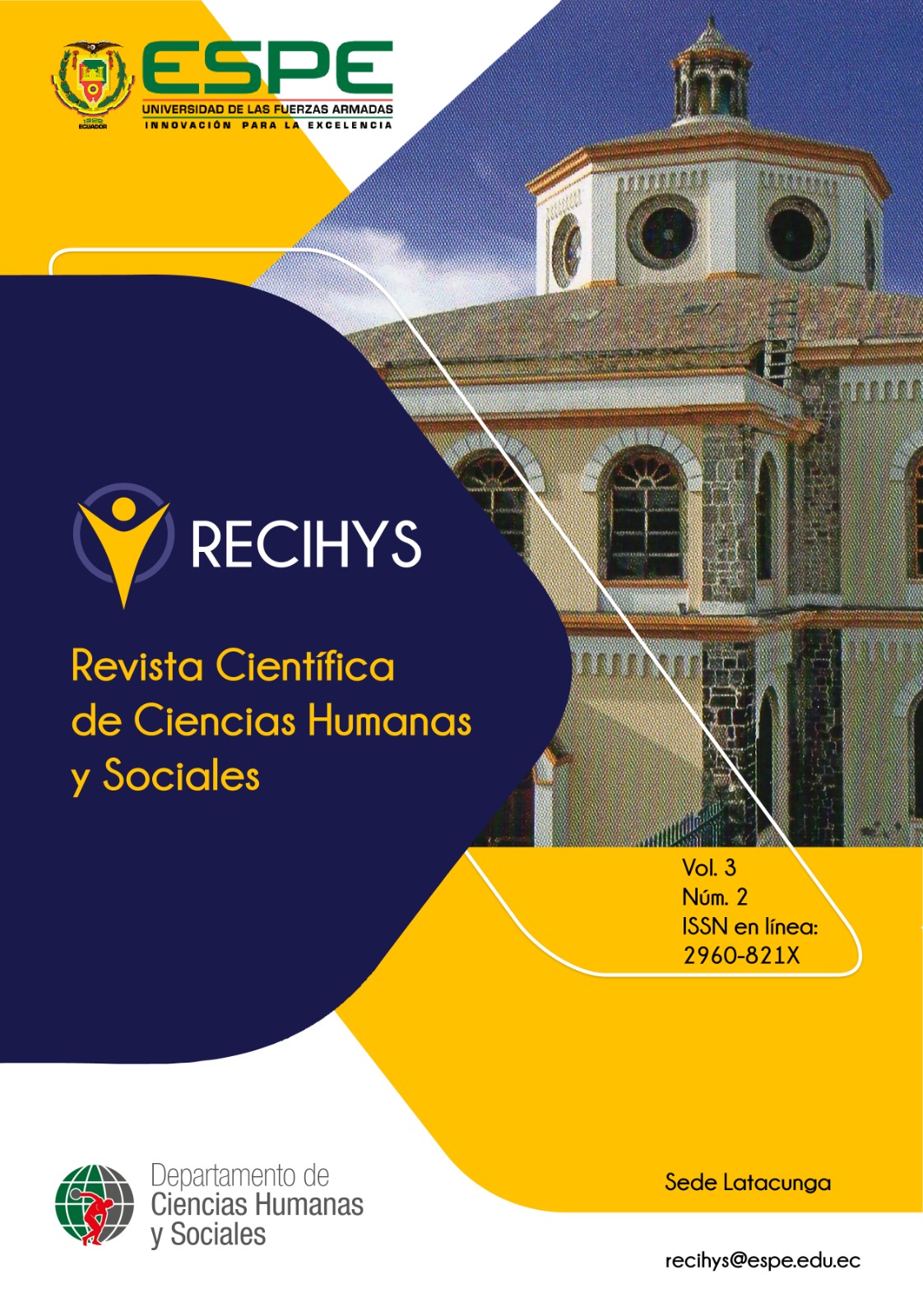Self-care as a biopolitical practice: bioethical dimensions from the suffering of chronic disease.
Main Article Content
Abstract
The human occurrence of disease is the inevitable fact that arises in the life history of people due to a number of casuistry and etiologies that generate it and evidence it as a disruptive and unavoidable phenomenon in the material life of human beings. Under this orientation, the object of study of this research revolves around the perception of self-care as an epistemological and ontological category in experiences of suffering from chronic diseases. Her research focuses on ethnographic work through the recording of life histories with patients undergoing hemodialysis treatment and in permanent interaction with biotechnological equipment that purifies the blood to return it purified to the bloodstream. This interaction between the human (subject-patient) and the non-human (biotechnological purification machine) establishes an interesting discussion that incorporates a third biopolitical factor such as self-care in the different dynamics and strategies that patients adopt throughout their disease trajectory, thus configuring new meanings and meanings of an "artificial vitality".
Downloads
Article Details
Authors who publish in this journal agree to the following terms: Authors retain the copyright and guarantee the journal the right to be the first publication of the work, as well as, licensed under a Creative Commons Attribution License that allows others share the work with an acknowledgment of the authorship of the work and the initial publication in this journal. Authors may separately establish additional agreements for the non-exclusive distribution of the version of the work published in the journal (for example, placing it in an institutional repository or publishing it in a book), with acknowledgment of its initial publication in this journal. Authors are allowed and encouraged to disseminate their work electronically (for example, in institutional repositories or on their own website) before and during the submission process, as it may lead to productive exchanges as well as further citation earliest and oldest of published works.
How to Cite
References
Carmona, D. (2024). Contribuciones para abordajes complejos del cuidado en las ciencias sociales. Transdisciplinar. Revista de Ciencias Sociales del CEH, 4(7), 5–42. https://doi.org/10.29105/transdisciplinar4.7-118
Dupuis, H. (2024). El gobierno del cuidado domiciliario en salud: una lectura desde la analítica histórico-filosófica de Michel Foucault. Revista Stultifera, 7(2), 179-201. https://doi.org/10.4206/rev.stultifera.2024.v7n2-09
España, R. (2019). Aproximaciones antropológicas de la biomedicina desde un enfoque intercultural de la cita médica. Antropología Cuadernos De Investigación, (22), 74-84. https://doi.org/10.26807/ant.v0i22.225
Foucault, M. (2007). Seguridad, territorio, población: Curso en el Collège de France (1977–1978). Buenos Aires: Fondo de Cultura Económica.
Grady, P. & Gough, L. (2014). Self-management: A comprehensive approach to management of chronic conditions. American Journal of Public Health, 104(8), e25–e31. https://doi.org/10.2105/AJPH.2014.302041
Kottow, M. (2005). Bioética y biopolítica. Revista Brasileira de Bioética, 1(2), 110–121. https://doi.org/10.26512/rbb.v1i2.8065
Maldonado, C. (2003). Biopolítica de la guerra. Bogotá: Siglo del Hombre Editores.
Menéndez, E. (2003). Modelos de atención de los padecimientos: de exclusiones teóricas y articulaciones prácticas. Ciência & Saúde Coletiva, 8(1), 185-207. https://doi.org/10.1590/S1413-81232003000100014
Muñoz, N. E. (2009). Reflexiones sobre el cuidado de sí como categoría de análisis en salud. Salud Colectiva, 5(3), 391–401. https://doi.org/10.18294/sc.2009.242
Organización Mundial de la Salud. (1946). Constitución de la Organización Mundial de la Salud. https://www.who.int/about/governance/constitution
Ortega, A. C. (2023). Toward Critical Demography 2.0: Framing demography as power-knowledge. Global Social Change, 10(2), pp. 1–15. https://doi.org/10.1177/19427786231176787
Padilla Padilla, S. A., Arcos Villota, J. P., & Trujillo Rodríguez, A. V. (2013). El cuidado de sí: acontecimiento ético – estético en Séneca y Michel Foucault. Revista Criterios, 20(1), 139–159. Recuperado a partir de https://revistas.umariana.edu.co/index.php/Criterios/article/view/1860
Pulido, M., & Da Silva, M. de F. (2017). Una mirada antropológica en torno al cuidado: Desafíos y oportunidades. Documentación Social, (187), 69–84. Disponible en: https://dialnet.unirioja.es/servlet/articulo?codigo=6557101
Sanz Hernández, A. (2005). El método biográfico en investigación social: potencialidades y limitaciones de las fuentes orales y los documentos personales. Asclepio, 57(1), 99–115. https://doi.org/10.3989/asclepio.2005.v57.i1.32
Valverde, C. (2005). ¿Quién está escuchando? La narrativa del paciente, caos y cronicidad. Atención Primaria, 36 (3), 159–161. https://doi.org/10.1157/13077485

